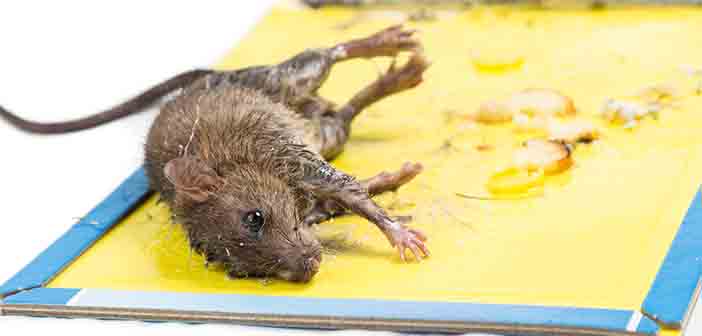The British Pest Control Association has written to the Scottish Animal Welfare Commission to express its concern that an outright ban on glue traps would remove a vital piece of equipment from a pest professional’s toolkit, preventing the use of them as an important last resort control method.
In the open letter to Andrew McKinlay, policy advisor at the Scottish Animal Welfare Commission secretariat, Ian Andrew, BPCA’s chief executive, said: “Let me begin by acknowledging that glue traps do have the potential to impact animal welfare significantly. This particular control method in the wrong hands can be very nasty, and we certainly understand why many would see their use as distasteful.
“As with all pest management, we have to balance public health with animal welfare concerns. No pest professional wants to cause suffering. Our training teaches us that our first thought should be to restrict the possibility of ingress. In short, prevention is always better than cure. Given a choice, all professionals would rather be part of stopping an infestation before it occurs, rather than to kill an animal – even a rat or mouse.”
On the issue of traps, Mr Andrew said that when used correctly, traps are “a fantastic tool”.
He said: “When used by professionals (in tunnels or secured boxes), they pose little risk to non-target species. Professional rodent traps kill quickly when properly set, meaning there is little opportunity for suffering.
“However, a trap is not suitable in all situations. Rats and mice are naturally scared of new things by nature (neophobia). It can take a long time for rodents to become used to a trap in any given environment. While in many situations this isn’t an issue, when it comes to hospital wards, operating theatres or school kitchens or where vulnerable people will undoubtedly be present, it can be very dangerous as we often cannot wait a number of days for the traps to work.”
In summary, Mr Andrew said: “Our key thoughts are outlined in this document:
- Glue boards should be used as a last resort when all other tools we have at our disposal have proved to be ineffective or inappropriate;
- Glue boards should only be used by trained and competent professionals; and
- Glue boards should be checked at least every 12 hours, and their continued use should be assessed every 24 hours.”


